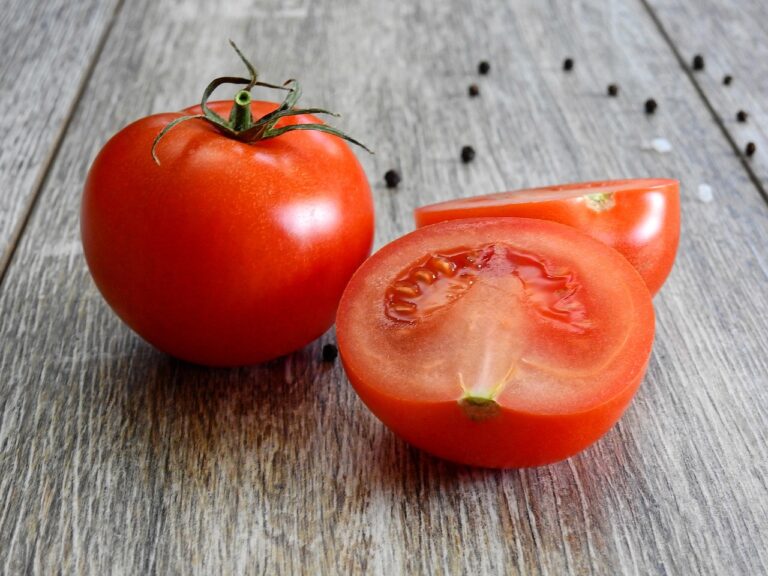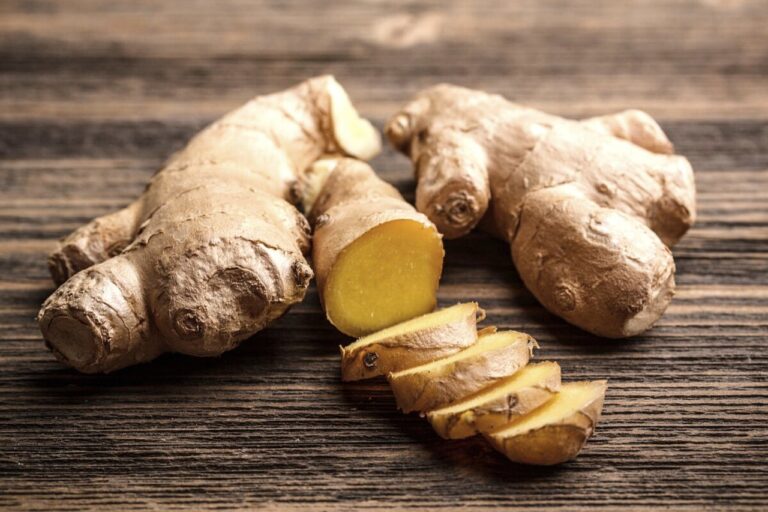10 Foods Good for Gut Health

Gut health is a crucial aspect of overall well-being, influencing everything from digestion to immunity and mental health. The gut houses trillions of bacteria, collectively known as the gut microbiota, which play a significant role in maintaining health. A balanced diet rich in gut-friendly foods can support this delicate ecosystem, enhancing digestive function, boosting the immune system, and even improving mood. Here, we explore ten foods that are particularly beneficial for gut health.
10 Foods Good for Gut Health
1. Yogurt
Yogurt is a well-known probiotic food, meaning it contains live beneficial bacteria that can help maintain a healthy balance in the gut microbiota. These probiotics can aid in digestion, reduce the symptoms of certain gastrointestinal conditions, and bolster the immune system. Regular consumption of yogurt can replenish good bacteria in the gut, especially after antibiotic use, which can deplete the natural flora.
Moreover, yogurt is rich in calcium, protein, and vitamins, making it a nutritious addition to your diet. It’s important to choose yogurt with live active cultures and avoid those with high sugar content. Opting for plain, unsweetened yogurt or those with natural sweeteners like fruit can provide the most benefits.
2. Kefir
Kefir is a fermented milk drink similar to yogurt but with a more liquid consistency. It contains a diverse array of probiotics and is typically richer in beneficial bacteria and yeasts. These probiotics can improve digestion, enhance the immune response, and help restore the balance of the gut microbiota.
In addition to its probiotic benefits, kefir is a good source of protein, calcium, and B vitamins. It’s also generally well-tolerated by people who are lactose intolerant because the fermentation process breaks down much of the lactose. Including kefir in your diet can be an easy and tasty way to support gut health.
3. Sauerkraut
Sauerkraut, or fermented cabbage, is a traditional food that is rich in probiotics and fiber. The fermentation process not only preserves the cabbage but also enhances its nutrient profile and introduces beneficial bacteria. Consuming sauerkraut can help improve digestion, reduce bloating, and support a healthy immune system.
The fiber in sauerkraut aids in promoting regular bowel movements and preventing constipation. Additionally, sauerkraut is low in calories and high in vitamins C and K. To reap the maximum benefits, it’s best to choose unpasteurized sauerkraut, as the pasteurization process can kill the beneficial bacteria.
4. Kimchi
Kimchi is a spicy Korean dish made from fermented vegetables, usually cabbage and radishes. It is packed with probiotics, vitamins, and minerals. The fermentation process enhances its nutritional value and introduces beneficial bacteria that can improve gut health, aid digestion, and support immune function.
Besides its probiotic content, kimchi is rich in fiber, vitamins A, B, and C, and antioxidants. These nutrients contribute to overall health and can help reduce inflammation in the gut. Including kimchi in your diet can add a flavorful, nutritious boost to your meals and support a healthy digestive system.
5. Miso
Miso is a traditional Japanese seasoning made from fermented soybeans. It’s commonly used in soups, sauces, and dressings. Miso is rich in probiotics, which can help maintain a healthy gut microbiota, improve digestion, and enhance the immune system.
In addition to probiotics, miso contains various vitamins and minerals, including vitamin K, manganese, and copper. It also has a high protein content, making it a nutritious addition to meals. Incorporating miso into your diet can provide both flavorful and healthful benefits for your gut.
6. Tempeh
Tempeh is a fermented soybean product with a firm texture and nutty flavor. It’s rich in probiotics and protein, making it a popular choice for vegetarians and vegans. The fermentation process increases the digestibility of soybeans and enhances their nutrient profile, providing benefits for gut health.
Tempeh is also a good source of vitamins and minerals, including calcium, iron, and magnesium. Its high fiber content promotes regular bowel movements and supports a healthy digestive system. Adding tempeh to your diet can improve gut health and provide a plant-based protein boost.
7. Bananas
Bananas are a convenient and nutritious food that can benefit gut health. They are rich in dietary fiber, particularly pectin, which acts as a prebiotic. Prebiotics are non-digestible fibers that feed beneficial gut bacteria, promoting their growth and activity.
In addition to their fiber content, bananas are a good source of vitamins and minerals, such as vitamin C, vitamin B6, and potassium. These nutrients support overall health and can help reduce inflammation in the gut. Including bananas in your diet can provide a gentle, natural way to support digestive health.
8. Garlic
Garlic is a flavorful herb that offers numerous health benefits, including supporting gut health. It contains prebiotics, which help feed beneficial gut bacteria and promote a healthy microbiota. Garlic also has antimicrobial properties, which can help manage harmful bacteria in the gut.
Besides its prebiotic content, garlic is rich in antioxidants and compounds that can reduce inflammation and support immune function. Regular consumption of garlic can contribute to a balanced gut microbiota and overall digestive health. Adding garlic to your meals can enhance both flavor and gut health.
9. Asparagus
Asparagus is a nutrient-dense vegetable that is high in prebiotic fiber, which feeds beneficial gut bacteria. This prebiotic content can help promote a healthy balance in the gut microbiota, improving digestion and supporting immune function.
In addition to its prebiotic benefits, asparagus is rich in vitamins A, C, E, and K, as well as folate. These nutrients support overall health and can help reduce inflammation in the gut. Including asparagus in your diet can provide a nutritious boost and support a healthy digestive system.
10. Apples
Apples are a popular fruit that offers several benefits for gut health. They are rich in dietary fiber, particularly pectin, which acts as a prebiotic. This fiber helps feed beneficial gut bacteria, promoting their growth and activity, and supporting a healthy microbiota.
In addition to their prebiotic content, apples are a good source of vitamins and antioxidants. These nutrients support overall health and can help reduce inflammation in the gut. Including apples in your diet can provide a natural way to support digestive health and overall well-being.
Conclusion
Maintaining gut health is essential for overall well-being, and incorporating these ten foods into your diet can help support a healthy gut microbiota. From probiotic-rich fermented foods like yogurt, kefir, and kimchi to fiber-rich options like bananas, garlic, and apples, these foods offer a range of benefits for digestive health. By making mindful dietary choices, you can enhance your gut health, support your immune system, and improve your overall quality of life.






